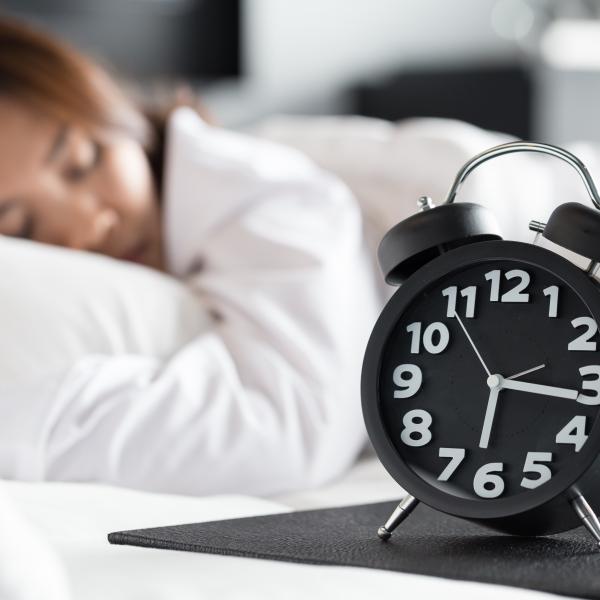
We’ve all been there at some point. It’s that point of exhaustion where our body just feels like it’s running on fumes. In high school or college, it was when we stayed up late studying for exams. In our adult lives, it’s when we work crazy hours trying to get projects for work completed by their deadlines, stay up with our kids who just won’t fall asleep, or even binge watch our favorite shows. No matter the cause, we’ve had our fair share of nights with less than the recommended 7-9 hours of sleep.
In fact, a study by the CDC stated that “37.1% of U.S. adults reported regularly sleeping less than 7 hours per night.”. This means that we are constantly living in a state of sleep debt where the amount of sleep we are getting is less than what we should be getting. The key is to make the difference between the two as close to zero as possible.
But what happens on those nights or during those weeks when we just can’t go to bed at a decent time to get a good night’s sleep? Can we ever actually catch up on the sleep we’ve lost?
While many people will automatically answer with a no, it really depends on what kind of sleep deprivation we’re experiencing (acute vs. chronic).
For those experiencing acute sleep deprivation, one or two nights of less than 7 hours of sleep, it is possible to catch up but it should be done slowly. Instead of logging all of the missed hours the next day, log an extra hour or two over the next few nights.
Chronic sleep deprivation, multiple days of less than 5 hours of sleep a night, is another story. While recovery sleep (sleeping for an extended period of time after being sleep deprived) will help us feel better and even lower our cortisol levels, our mental and physical abilities are still lacking in comparison to those who regularly get their 7-9 hours of sleep. The other issue is that sleeping in and catching-up on sleep will impact our future ability to sleep, leaving us tired once again.
So what can we do?
In a perfect world, if we’re sleep deprived we would start paying back our sleep debt by going to bed when we’re tired and sleeping until we naturally wake up. We would continue doing this until our bodies are naturally sleeping for 7-9 hours each night.
However, we all know this world is far from perfect and life demands an alarm clock so here are 3 tips:
- Prevent Sleep Loss in the First Place – Eliminate stressors and do something relaxing just before bedtime. Having a bedtime routine will even help signal the body that it’s time to sleep.
- Reduce Recovery Sleep Issues – If playing catch-up is a necessity, do it by going to bed earlier but still waking up at your usual time.
- Take Short Naps – If possible, take a short 20 minute nap in the late morning or early afternoon. Just make sure they don’t last longer because it can impact future sleep.
